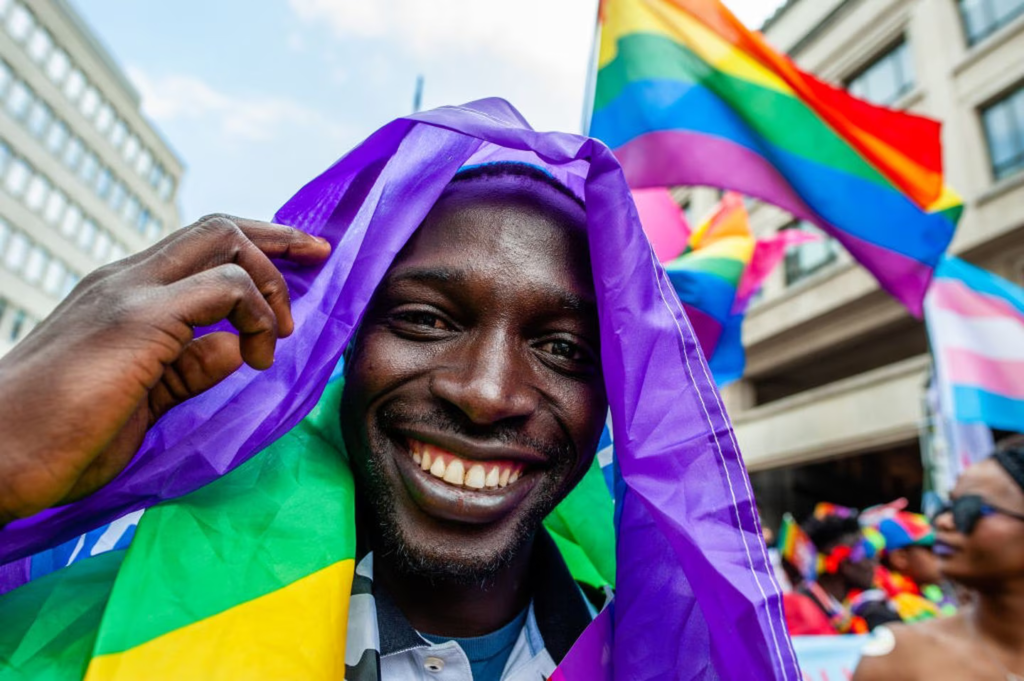In a significant development, Christian and Muslim religious leaders have gathered at Parliament House to witness the second laying of the “Promotion of Proper Human Sexual Rights and Ghanaian Family Values Bill, 2022.” The objective of this bill is to establish regulations for human sexual rights and uphold Ghanaian family values by proscribing activities related to lesbian, gay, bisexual, transgender, and queer (LGBTQ+) individuals.
The laying of the private member’s bill, which was initially scheduled for the previous week, had to be rescheduled due to the absence of Mr. Sam George, the Member of Parliament for Ningo-Prampram and the Lead Sponsor of the Private Members’ Bill, and Mr. Kwame Anyimadu-Antwi, the Chairman of the Committee on Constitutional, Legal, and Parliamentary Affairs, and a New Patriotic Party (NPP) MP for Asante Akim Central.
According to Mr. Osei Kyei-Mensah-Bonsu, the Majority Leader and Leader of Government Business in Parliament, the rescheduling was necessary as both Mr. George and Mr. Anyimadu-Antwi were engaged in a national assignment outside the country at that time. However, both individuals have since returned to Ghana.
The presence of religious leaders at the laying of this bill highlights the significance of religion in shaping public discourse on matters of morality and social values. The bill aims to uphold Ghanaian cultural and family norms, as perceived by the proponents of the legislation.

The bill’s second laying in Parliament signifies another step forward in the ongoing discussions and debates surrounding LGBTQ+ rights in Ghana. It reflects the commitment of certain lawmakers to address these issues within the framework of their understanding of Ghanaian culture and traditional family values.
As the bill progresses through the legislative process, it is expected to generate further debates, with proponents arguing for the protection of Ghanaian cultural values and opponents advocating for the recognition and protection of the rights of LGBTQ+ individuals.
The presence of religious leaders at such a significant parliamentary event underscores the complex intersection of religion, culture, and human rights in Ghanaian society. The outcome of these deliberations will have far-reaching implications for the protection of human rights and the recognition of diverse identities within the country.

